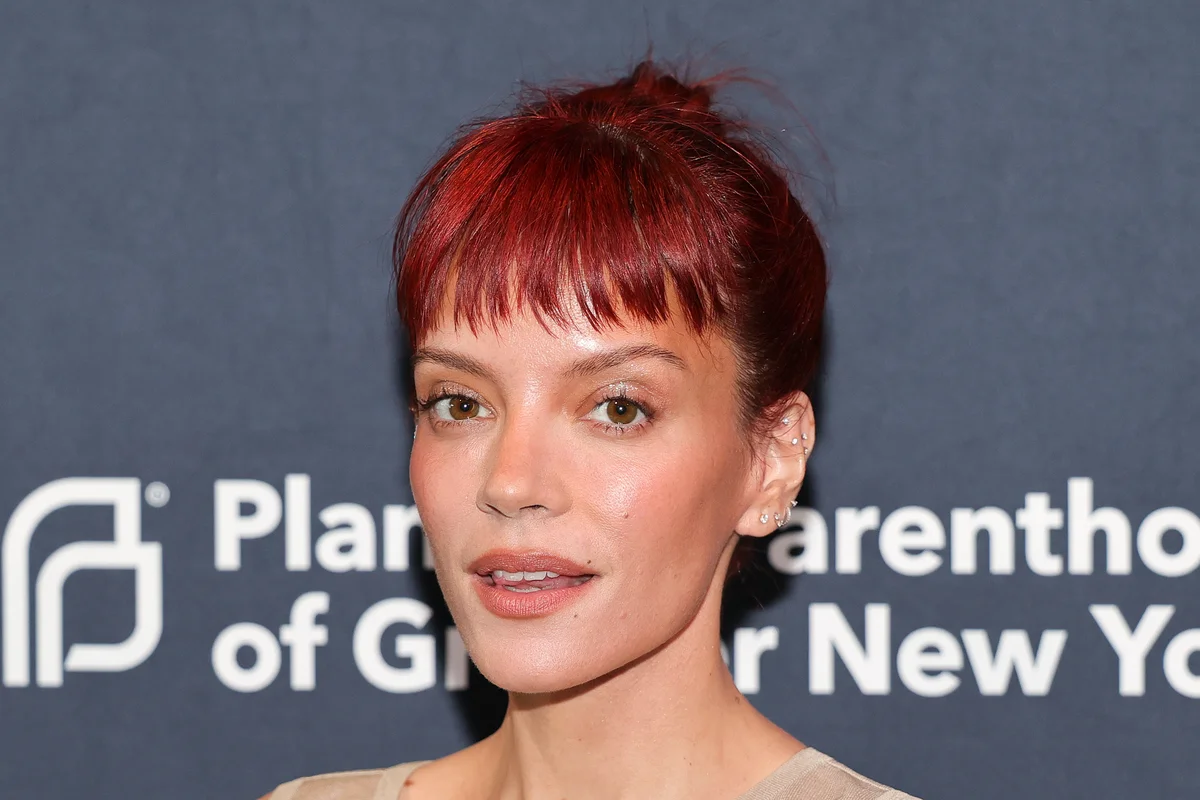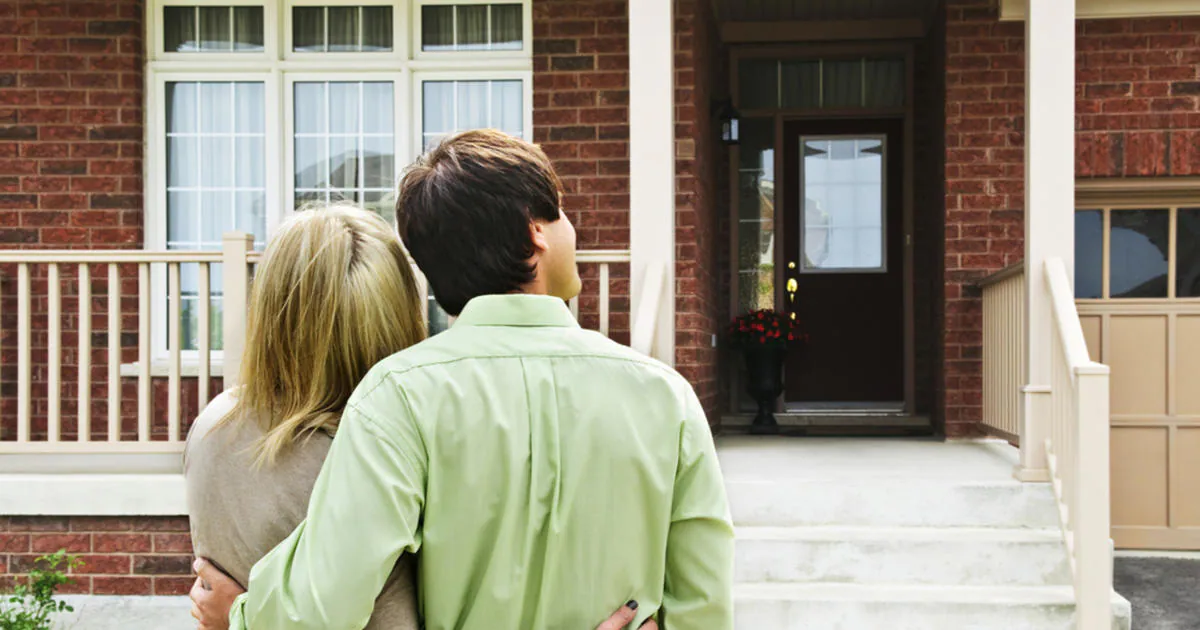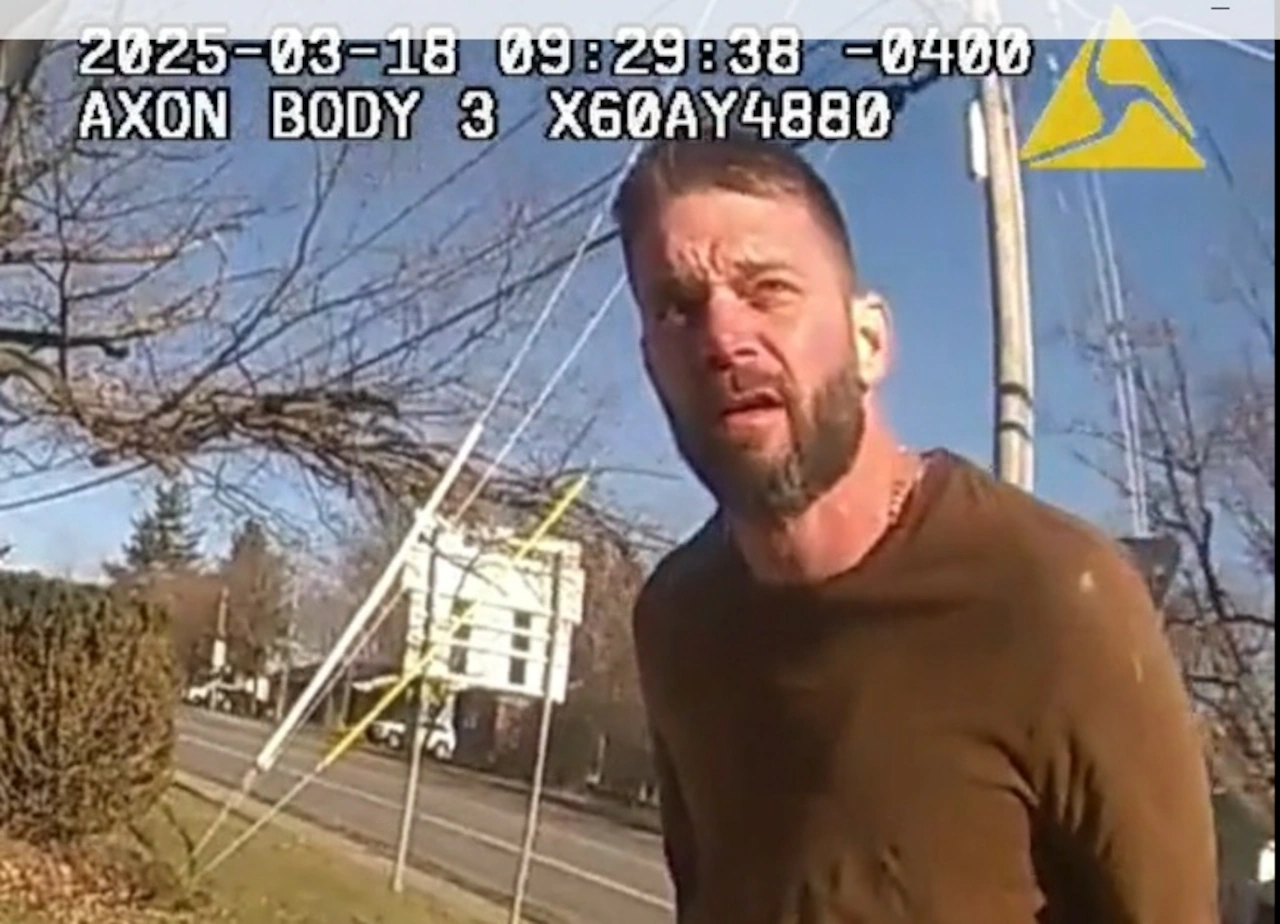Copyright independent

Lily Allen has reflected on her life before sobriety, saying that she turned into a “bully” when she used drugs and alcohol in the past. The 40-year-old singer, who has announced her first album in seven years, said in a new interview that she relied on drugs and alcohol to cope with the attention and scrutiny she experienced in her twenties. Allen told Perfect Magazine that she would turn “into a kind of bully” when she got drunk. “People that have only known me since sobriety, they’ll be like, ‘I can’t imagine what you’re like when you were drunk.’ And I’m always like, ‘I was f***ing horrible.’ I would turn into kind of a bully,” she said. Allen said that it would be “fun for minute, but then it would go to quite a dark place”. She continued: “And I think my read on it is that I was getting so much negative attention – I was getting positive attention too, but obviously none of that registered – and that was a lot of weight to carry around with me. And then when I got drunk and high, it was like, ‘Right, now I can put everyone to rights.’” Allen added that she doesn’t miss drinking or drugs, saying: “It’s so not a part of my life anymore.” The singer’s fifth record, West End Girl, will detail her move to New York with her now ex-husband David Harbour in 2020. It was recorded over “an intense 10-day period” in Los Angeles following the couple’s split in December 2024. Allen has said she intended to document her life in a new city “and the events that led me to where I am in my life now” as well as explore “why we humans behave as we do”. Allen married Stranger Things actor Harbour in 2019 after meeting on Raya, an exclusive dating app popular among celebrities. She revealed earlier this week that she entered a treatment facility following their separation last year, as she struggled with intense feelings of despair and almost relapsed after six years of sobriety. The singer told British Vogue that she “wanted to die” but “feels OK” now after finding a sponsor and going to daily meetings on top of medication, therapy and antidepressants. “I’ve been into those places before against my will, and I feel like that’s progress in itself,” Allen continued. “That’s strength. I knew that the things I was feeling were too extreme to be able to manage, and I was like, ‘I need some time away.’” Allen previously announced she was stepping away from music following the release of her 2018 Mercury-nominated album No Shame and the publication of her candid memoir My Thoughts Exactly. If you or someone you know is suffering from alcohol addiction, you can confidentially call the national alcohol helpline Drinkline on 0300 123 1110 or visit the NHS website here for information about the programmes available to you. If you have been affected by this article, you can contact the following organisations for support: actiononaddiction.org.uk, mind.org.uk, nhs.uk/livewell/mentalhealth, mentalhealth.org.uk. If you are experiencing feelings of distress, or are struggling to cope, you can speak to the Samaritans, in confidence, on 116 123 (UK and ROI), email jo@samaritans.org, or visit the Samaritans website to find details of your nearest branch If you are based in the USA, and you or someone you know needs mental health assistance right now, call or text 988, or visit 988lifeline.org to access online chat from the 988 Suicide and Crisis Lifeline. This is a free, confidential crisis hotline that is available to everyone 24 hours a day, seven days a week. If you are in another country, you can go to www.befrienders.org to find a helpline near you



